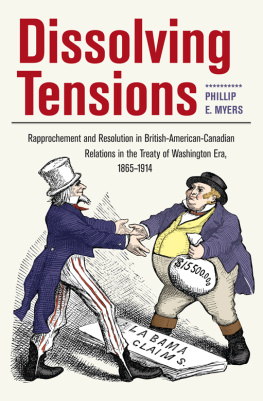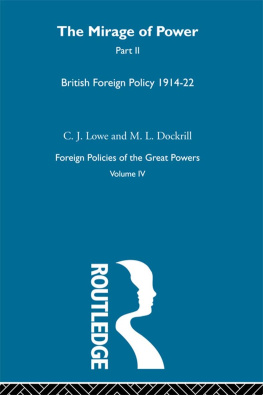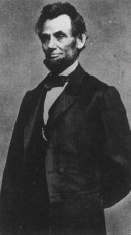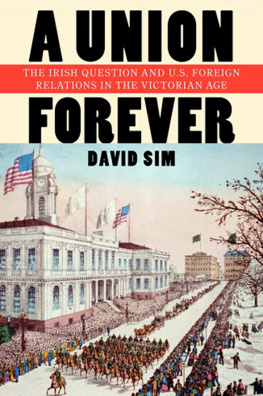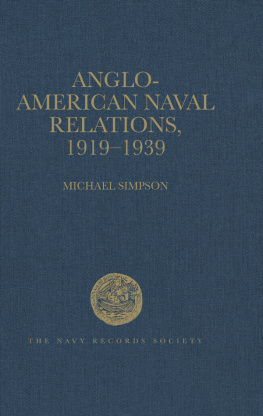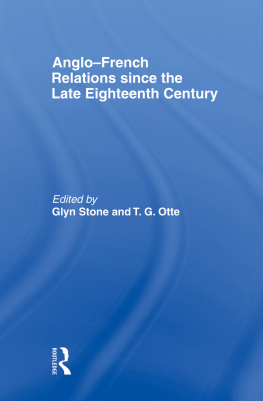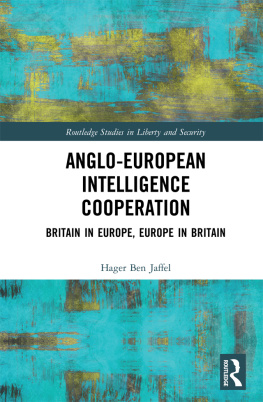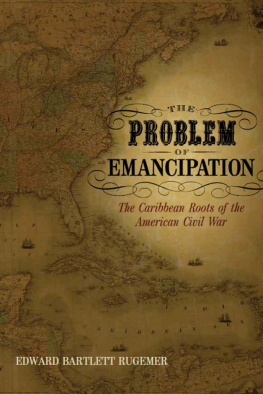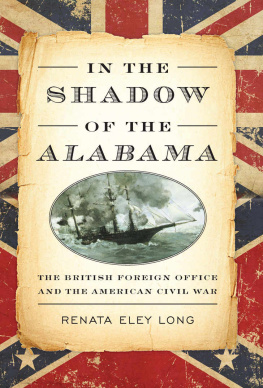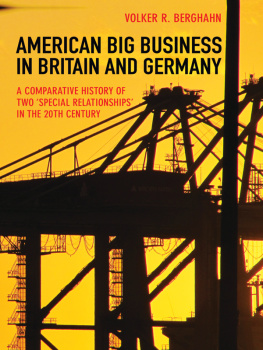Phillip E. Myers - Caution and Cooperation: The American Civil War in British-American Relations
Here you can read online Phillip E. Myers - Caution and Cooperation: The American Civil War in British-American Relations full text of the book (entire story) in english for free. Download pdf and epub, get meaning, cover and reviews about this ebook. year: 2008, publisher: Kent State University Press, genre: Politics. Description of the work, (preface) as well as reviews are available. Best literature library LitArk.com created for fans of good reading and offers a wide selection of genres:
Romance novel
Science fiction
Adventure
Detective
Science
History
Home and family
Prose
Art
Politics
Computer
Non-fiction
Religion
Business
Children
Humor
Choose a favorite category and find really read worthwhile books. Enjoy immersion in the world of imagination, feel the emotions of the characters or learn something new for yourself, make an fascinating discovery.

- Book:Caution and Cooperation: The American Civil War in British-American Relations
- Author:
- Publisher:Kent State University Press
- Genre:
- Year:2008
- Rating:3 / 5
- Favourites:Add to favourites
- Your mark:
Caution and Cooperation: The American Civil War in British-American Relations: summary, description and annotation
We offer to read an annotation, description, summary or preface (depends on what the author of the book "Caution and Cooperation: The American Civil War in British-American Relations" wrote himself). If you haven't found the necessary information about the book — write in the comments, we will try to find it.
A provocative reinterpretation of Civil War-era diplomacy
Click here to read a review from The British Scholar
Phillip E. Myerss Caution and Cooperation places Anglo-American relations during the Civil War within the broader context of the whole nineteenth century, arguing convincingly for the lack of any real chance of British intervention on the side of the Confederacy and dating the end-of-the-century Anglo-American rapprochement back about three decades. Based on extensive research in the United States and Great Britain, this major reinterpretation of the transatlantic special relationship is international history in its truest sense.
--Mary Ann Heiss, Editor, New Studies in U.S. Foreign Relations Series
It has long been a mainstay in historical literature that the Civil War had a deleterious effect on Anglo-American relations and that Britain came close to intervention in the conflict. Historians assert that it was only a combination of desperate diplomacy, the Confederacys military losses, and Lincolns timely issuing of the Emancipation Proclamation that kept the British on the sidelines. Phillip E. Myers seeks to revise this prevailing view by arguing instead that wartime relations between Britain and the United States were marked by caution rather than conflict.
Using a wide array of primary materials from both sides of the Atlantic, Myers traces the sources of potential Anglo-American wartime turmoil as well as the various reasons both sides had for avoiding war. And while he does note the disagreement between Washington and London, he convincingly demonstrates that transatlantic discord was ultimately minor and neither side seriously considered war against the other.
Myers further extends his study into the postwar period to see how that bond strengthened and grew, culminating with the Treaty of Washington in 1871. The Civil War was not, as many have believed for so long, an unpleasant interruption in British-American affairs; instead, it was an event that helped bring the two countries closer together to seal the friendship.
Soundly researched and cogently argued, Caution and Cooperation will surely prompt discussion among Civil War historians, foreign relations scholars, and readers of history.
Phillip E. Myers: author's other books
Who wrote Caution and Cooperation: The American Civil War in British-American Relations? Find out the surname, the name of the author of the book and a list of all author's works by series.

